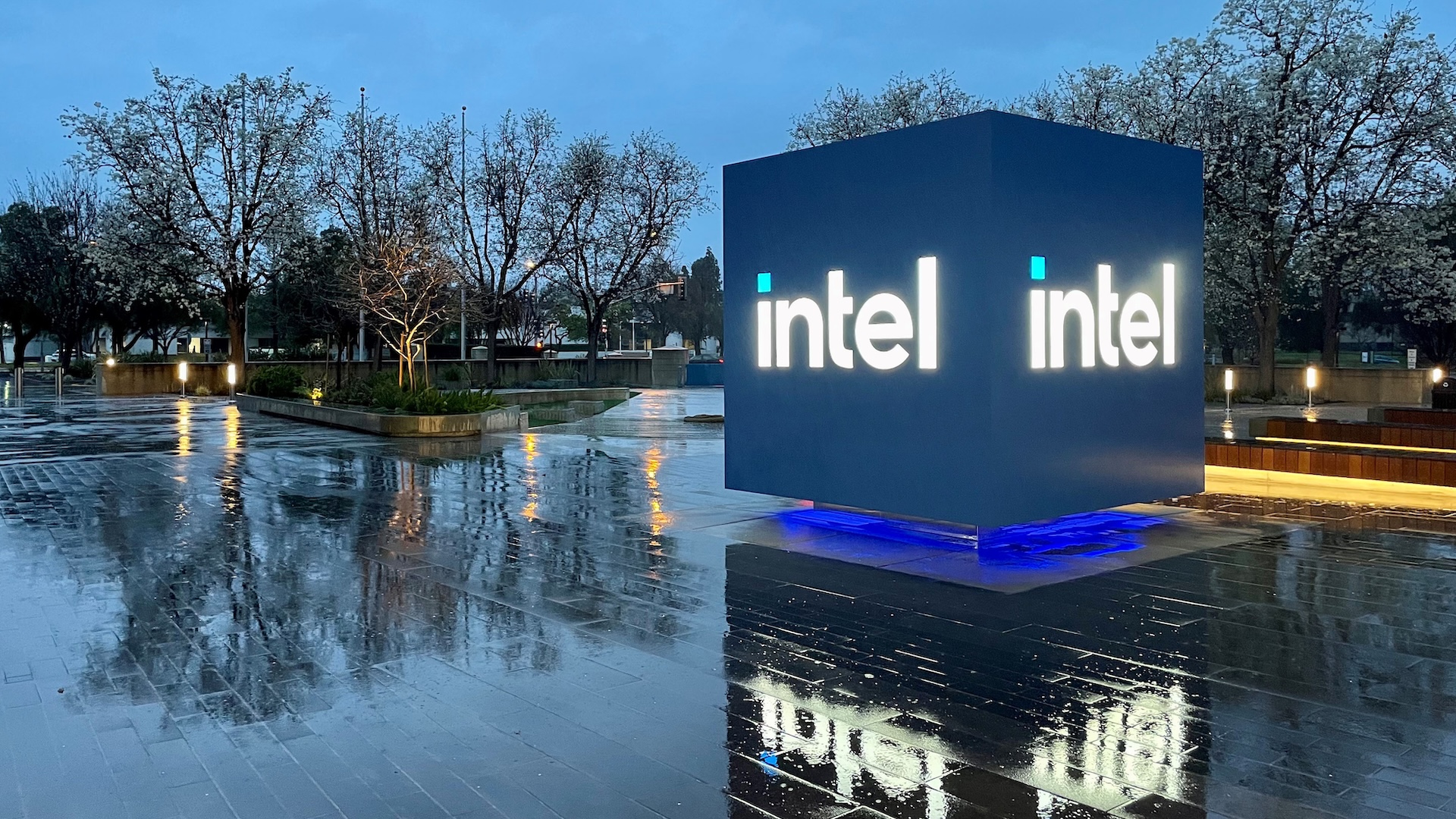Intel's board gets industry-focused as three directors will not seek re-election — badly needed shift to deeper tech experience
More microelectronics, fewer healthcare professionals in Intel's board.

Intel has announced that three members of its 14-person board of directors will not seek reelection at the 2025 annual meeting on May 5, reducing the board to 11, as observed by Reuters. Two out of three directors come from the healthcare industry, and their departure marks the board's shift to become a more high-tech industry-focused one, which may be a good thing for Lip-Bu Tan, Intel's new chief executive.
The departing directors are Dr. Omar Ishrak, who formerly led Medtronic and stepped down as Intel's chair in early 2023; Dr. Risa Lavizzo-Mourey, a former University of Pennsylvania professor in population health and equity; and Dr. Tsu-Jae King Liu, a UC Berkeley engineering dean focused on microelectronics. Their exit follows the recent addition of Eric Meurice, ex-CEO of ASML, and Steve Sanghi, interim chief of Microchip Technology, in December.
This adjustment continues Intel's move away from its previous board composition, which used to include directors from academia, finance, healthcare, and PC industries. The current board includes five directors with finance, investment, or e-commerce backgrounds, two outgoing directors with healthcare ties, two from academia with a focus on electrical engineering and semiconductors, one from the personal computer sector, and three from the semiconductor industry.
The new board will lack directors from the healthcare industry and one from academia, but will have a stronger emphasis on industry-specific knowledge, which could be instrumental in supporting Intel's efforts to regain its competitive edge on products and process technology fronts.
"We are committed to having the right mix of skills, qualifications and technical expertise on the Board," wrote Frank D. Yeary, chairman of Intel with a background in finance, in a letter to shareholders. "In 2024 we added Eric Meurice, former President, Chief Executive Officer and Chairman of ASML, and Steve Sanghi, Chairman and Interim Chief Executive Officer of Microchip, as independent directors. Eric and Steve are highly respected and accomplished leaders in the semiconductor industry whose deep technical expertise, executive experience, and operational rigor make them great additions to the Intel Board — and they have had an immediate impact. We are also pleased to have Lip-Bu once again serving on the Board."
Stay On the Cutting Edge: Get the Tom's Hardware Newsletter
Get Tom's Hardware's best news and in-depth reviews, straight to your inbox.

Anton Shilov is a contributing writer at Tom’s Hardware. Over the past couple of decades, he has covered everything from CPUs and GPUs to supercomputers and from modern process technologies and latest fab tools to high-tech industry trends.
-
abufrejoval Reply
Because they buy a lot of Intel hardware?rgd1101 said:why did they have healthcare professionals in the first place?
Having your customers on-board probably didn't seem like a bad idea.
In a normal mature industry, even less so.
But... -
rgd1101 Reply
they don't need to be on the board. just a contact for the sales departmentabufrejoval said:Because they buy a lot of Intel hardware?
Having your customers on-board probably didn't seem like a bad idea.
In a normal mature industry, even less so.
But... -
thestryker Reply
The assumption by industry folks is that they were likely proxies for large investor groups. The board makeup has been a problem for well over a decade.rgd1101 said:why did they have healthcare professionals in the first place?
edit: just for emphasis, and the pre-paywall bit is more than sufficient https://www.fabricatedknowledge.com/p/the-death-of-intel-when-boards-fail -
Reverend_Clint When I was there we had to explain that SO-Dimm won't work on desktop boards because the people in charge had non-tech degrees from Bangalore.Reply -
abufrejoval Reply
SO-DIMMs work just fine on desktop boards: you just need adapters... €11 on Amazon.Reverend_Clint said:When I was there we had to explain that SO-Dimm won't work on desktop boards because the people in charge had non-tech degrees from Bangalore.
Adapters for the opposite directions are much harder to find or make fit.
So are you saying it's all your fault because you explained wrongly? -
Reverend_Clint Why on earth would Intel use cheap Chinese adaptors for engineering samples? No I'm saying they had people in charge of programs with no tech background. They constantly screwed up simple things like DDR4 vs DDR5. Or H vs U vs N skus of Alder Lake.Reply -
abufrejoval Reply
It was really meant as a joke. But that never works in posts...Reverend_Clint said:Why on earth would Intel use cheap Chinese adaptors for engineering samples? No I'm saying they had people in charge of programs with no tech background. They constantly screwed up simple things like DDR4 vs DDR5. Or H vs U vs N skus of Alder Lake. -
nogaard777 Oh so NOW the board wants to focus on technology? Would have been nice if they'd realized that years ago when they hired Pat to refocus on the product.Reply
Everyone wants to blame everything on Pat but he performed a near miracle bringing IFS from well behind TSMC to parity in a few short years and they re-retired him just before it starts getting turned into products. Now when Pat's fruits start to ripen someone else will get credit because the board doesn't understand how long the product cycle is in this business. The only real mistake Pat made was he should have started cutting the fat from day 1. Intel was already flailing and it would have softened the landing a lot more. Lisa Su didn't turn AMD around in 6 months either.
This is a perfect example of why I was saying they didn't need to replace Pat, they needed to replace the board that isn't technology focused so much as investor focused. That's what got Intel where it is to begin with and if the suits aren't on board the CEO can only do so much.